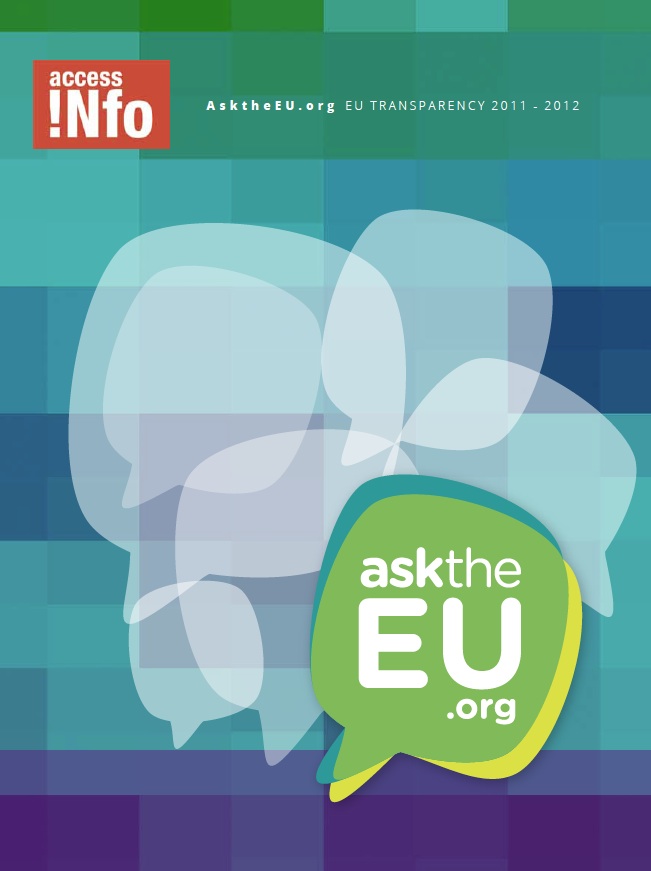In the year running up to 28 September 2012, members of the European public presented a total of 214 requests for documents with European institutions and bodies using the AsktheEU.org request platform.
As of 23 September, almost 65% of the 214 requests made using AsktheEU.org resulted in full (37%) or partial (28%) disclosure of documents. In a further 19% of instances (40 requests) the institution responded that it did not hold the information requested, either because the document did
not exist or because it was not in that institutions’ possession. Information was refused in only 13 cases (6% of requests).
By contrast, 27 requests (12%), received no response at all from the institution concerned. This is also known as “administrative silence” and is problematic because it is a violation of the right of access to documents under the EU treaties as well as a breach of good administrative practice which requires that members of the public receive motivated responses to the requests. 6 of these cases of administrative silence occurred after the requestor filed a confirmatory application (appeal) and various emails had been exchanged, thus undermining the requestor’s right to legal recourse.
Other problems identified include insistence on using online contact forms for the processing of requests, repeated extensions of time limits for handling confirmatory applications and unnecessary demands for citizens to clarify their requests. For more details read the full AsktheEU.org report which will be launched in late October 2012.
In terms of the kind of information being requested, top topics on AsktheEU.org include (with more than 10% of requests each): European Union internal affairs including relations with member states; international relations; the economy, finance and business; and mechanisms to prevent conflicts of interest and lobby controls. These are followed by: environmental issues; policies; budgets; human rights issues and development.

